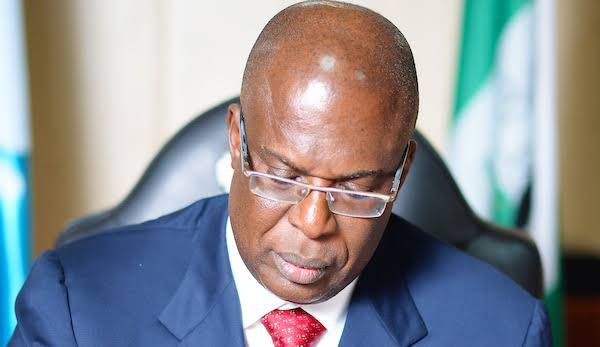 On Monday, 18th May, 2020, Fitch Ratings Agency said that the agreement between OPEC Member Countries and its allies to cut their daily oil production to 10 million barrels per day, starting from the month of May, would plunge the Nigerian economy into a recession.
On Monday, 18th May, 2020, Fitch Ratings Agency said that the agreement between OPEC Member Countries and its allies to cut their daily oil production to 10 million barrels per day, starting from the month of May, would plunge the Nigerian economy into a recession.
In the agency’s latest report on the continent’s largest exporter’s economy, it stated: “Nigeria’s adherence to oil production cuts under the OPEC+ agreement will lead to deeper economic contraction and fiscal deficits and compound pressures on external finances from the slump in oil prices. Increased recourse to concessional multilateral loans will ease near-term liquidity pressures, but the risk of a disruptive macroeconomic adjustment will persist.”
The recession report by the agency was backed by Nigeria’s approved request for a loan from the International Monetary Fund (IMF) to battle the effects of the coronavirus. It has been at least 40 years since Nigeria received such emergency funding from the agency.
“Our forecasts assume the full disbursement of the USD5.4 billion in multilateral loans sought by the government, in line with its revised borrowing strategy. This includes emergency financing of USD3.4 billion approved by the IMF in late April, marking the first time that Nigeria has received IMF funding at least since the 1980s. Nigeria could also benefit from temporary suspension of bilateral debt service under the G20 initiative announced in April, but this would provide small relief, with only around USD165 million in bilateral debt service coming due in May-December. If secured, multilateral loans would cover around 21% of the general government deficit in 2020, under our forecasts.”
Nigeria is one of the oil-producing countries in Africa that rely heavily on revenue generated from the export of oil to finance their budgets. In recent times, diversification has been proposed by economists to the country, and the government (both past and present) has spoken of intentions to diversify, but no major diversification milestone has been achieved yet. The drop in the global demand due to COVID-19, and the agreement by OPEC to cut oil production will force the country to reduce its projection for 2020 and maybe the year after.
There is no globally approved cure for the virus yet. Also, experts fear that there might be a second wave of the virus. Following this report by Fitch, the most populous country on the continent risks another recession after just coming out of one less than four years ago.



